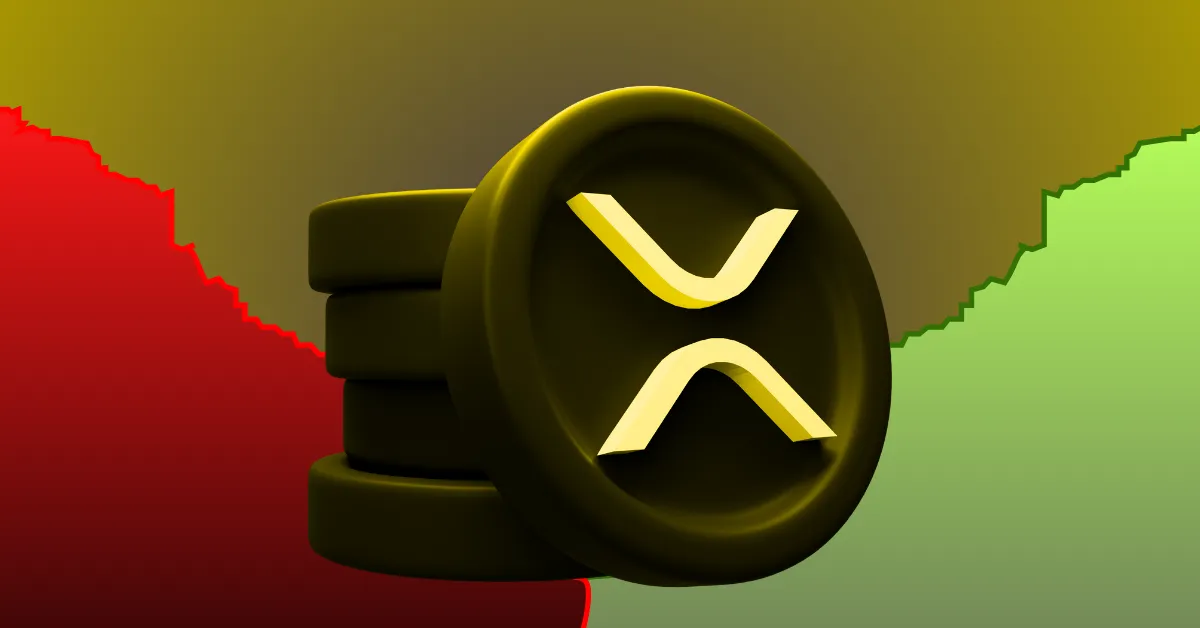
In a highly anticipated ruling, Judge Analisa Torres has settled the classification question surrounding XRP, declaring that it is not a security as contended by the SEC. This decision brings about a cause for celebration among the Ripple community, marking a victory for the company.
However, there is STILL a lot to be desired. While this ruling settles the question of XRP’s classification, there remains a need for clarity regarding the implications of secondary market transactions involving the XRP token. Notably, attorneys Jason Gottlieb and John Deaton have taken to Twitter to share their insights on this matter, shedding light on the ongoing discussion surrounding these transactions.
Attorney Jason Gottlieb recently shared his perspectives on the Ripple vs. SEC lawsuit via a Twitter thread, delving into the new questions and potential avenues it raises. In one of his tweets, Gottlieb explained that although the court’s decision in the Ripple case seemingly avoided addressing the issue of XRP transactions in secondary markets, it may not have entirely overlooked the matter.
Despite the court’s statement about punting on the secondary markets question, Gottlieb believes that in practice, the fungibility of tokens sold in secondary markets makes it difficult to conclude that the court completely avoided or ignored the topic.
Attorney John Deaton, an amicus curiae in the Ripple vs. SEC lawsuit, shares a similar perspective to Jason Gottlieb. Deaton acknowledges that the secondary market sales were a crucial aspect of the judge’s decision, and he has observed comments surrounding Judge Torres’ apparent refusal to address these transactions.
Deaton argues for the importance of individually assessing each transaction using the Howey test. He emphasizes that XRP’s involvement in an investment contract during direct sales to a hedge fund does not inherently classify it as a perpetual investment contract.
Whether a subsequent sale of XRP constitutes a security or not depends on the specific facts and circumstances of that transaction.
Read More: Ripple Price Analysis: Will XRP Hit $1 By July End?
Deaton highlights that the judge outright rejected the SEC’s theory that the token “embodies all of the efforts and promises of Ripple, including secondary market transactions.”
To illustrate, the judge provided a similar example discussed by Deaton and Lewis Cohen. Deaton explains that, just like in the Howey case, if an orange grove owner sells their land to a subsequent buyer, it would not be classified as a security transaction unless the Howey factors are satisfied in that subsequent purchase.
The Layer 1 market is still led by Ethereum, while newer projects like Ozak AI…
XRP holders have long been known for their loyalty, having weathered years of SEC battles…
President Trump is signaling major changes ahead for the Federal Reserve and U.S. trade policy.…
Solana investors are experiencing a significant decline in profits, as the SOL price dropped to…
As crypto markets enter a critical Q3 phase, investor behavior is starting to shift in…
The Solana price has efficiently bounced nearly 8% in early August after a sharp 25%…